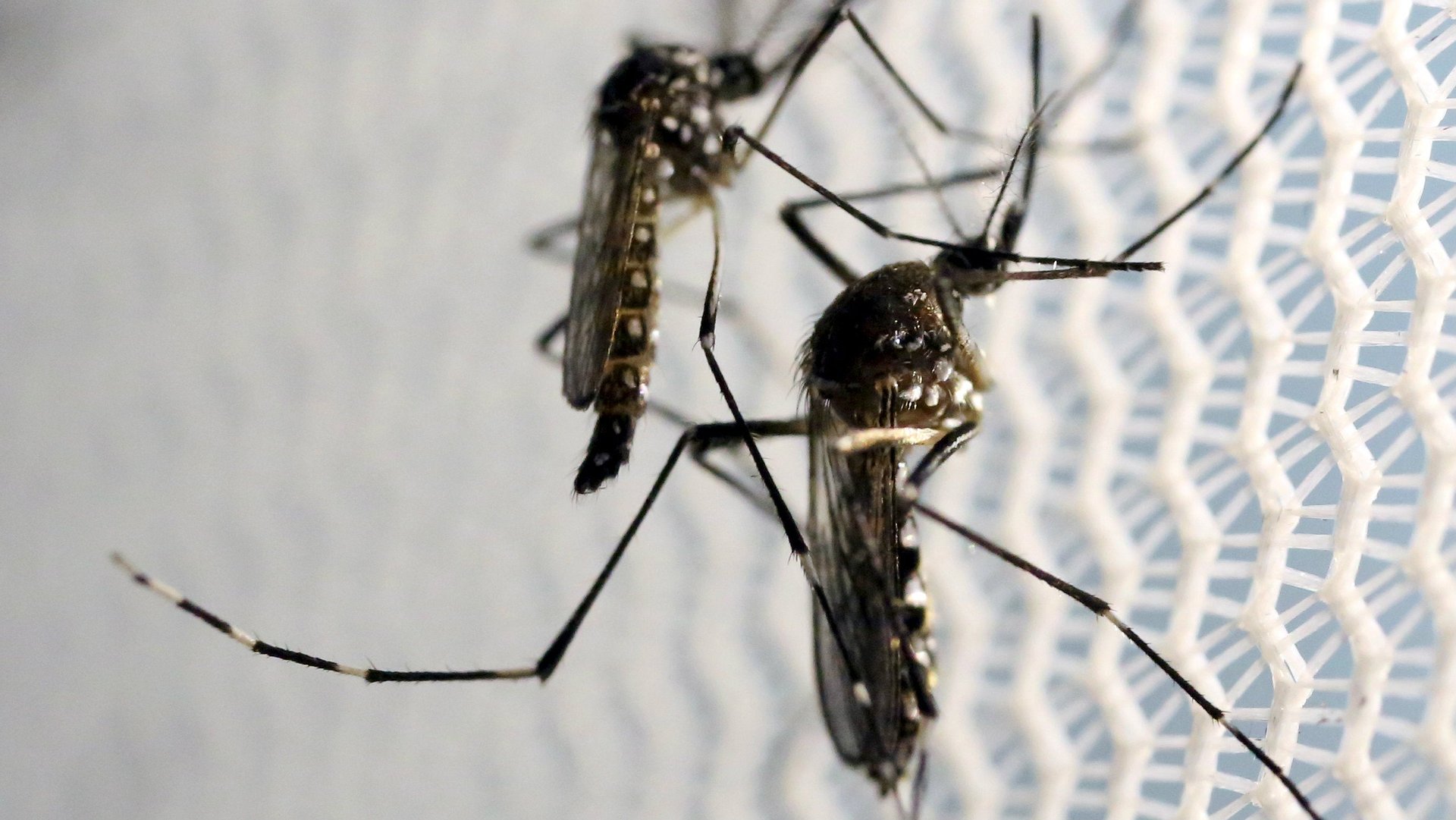In a world first, scientists have found a way to use bacteria to fight the Zika virus
When threatened by a contagion, the answer is rarely to promote another outbreak. But, facing the threat of Zika, that’s what some researchers think we should do. Their solution to slowing Zika’s spread is to attack the virus with a bacteria called Wolbachia.


When threatened by a contagion, the answer is rarely to promote another outbreak. But, facing the threat of Zika, that’s what some researchers think we should do. Their solution to slowing Zika’s spread is to attack the virus with a bacteria called Wolbachia.
Mosquitoes infected with Wolbachia are less likely to carry the dengue virus, previous studies had found. Now, in a new study, Brazilian researchers have found that these bacteria can do the same job against the Zika virus.
This could help contain the Zika outbreak, which has put 2 billion people at risk of contracting the virus. Though most adults recover from Zika after a rash or a fever, in rare cases the virus can cause severe neurological diseases in both newborns and adults.
Wolbachia was discovered in 1924 and its long list of achievements includes the ability to infect 60% of all types of insects. When Wolbachia pipientis, one of the many species of the bacteria, infects a mosquito, it takes over the insect’s reproductive system.
Infected females produce Wolbachia-infected offspring, regardless of whether their mate is infected or not. But if an infected male mates with an uninfected female, their offspring die. That’s how Wolbachia spreads itself through a mosquito population.
What’s more, Wolbachia-infected mosquitoes are protected from viruses. Thus, once Wolbachia takes hold in a region, the mosquitoes there are less likely to transfer diseases, like the dengue virus.
For the new study, researchers at a lab in Brazil let both Wolbachia-infected mosquitoes and clean ones sip human blood spiked with the Zika virus. Two weeks later, they tested both groups for the presence of the virus in the mosquitoes’ saliva (which is how the virus is transferred to humans). They found that Wolbachia-infected mosquitoes had much smaller amounts of the Zika virus in their saliva.
They also injected the saliva from both groups into mosquitoes not infected with Zika. Only saliva from the Wolbachia-free mosquitoes led to the virus taking hold in other mosquitoes. Zika-laced saliva from Wolbachia-infected mosquitoes didn’t have the same effect. The researchers aren’t sure why this works. One hypothesis is that, inside a mosquito, when bacteria and viruses fight for resources, viruses lose out.
Taking these results to the field won’t be easy. Getting enough mosquitoes infected with Wolbachia could be tricky—past trials have had mixed success in spreading Wolbachia in a mosquito population quickly. But if this challenge can be overcome, we might have a powerful new weapon to fight a scary disease.